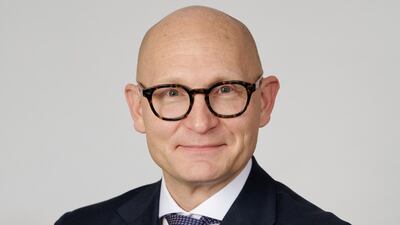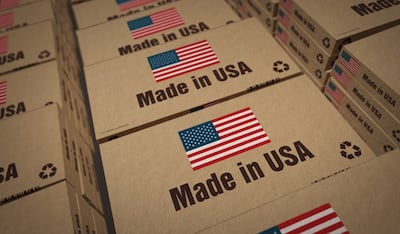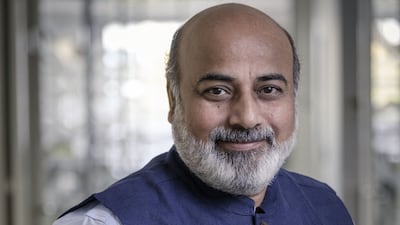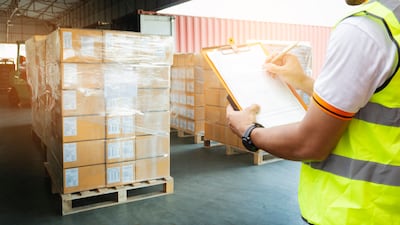Manufacturing
The FDA wants to waive facility fees for three years if a sponsor breaks ground on a US-based manufacturing plant, but industry is concerned the idea will force other sponsors to subsidize competition.
After taking the reins as president of Medicines for Europe at the start of 2026, Zentiva CEO Steffen Saltofte sets out priorities for the group that include ensuring access to medicines, industry resilience and competitiveness, harmonized regulation, and sustainability for the off-patent sector.
MS Pharma is continuing to capitalize on opportunities for localized manufacturing in the Middle East, with its latest deal with Hetero Biopharma covering five biosimilars.
Lanreotide supply issues cloud Cipla’s Q3 FY26 earnings, with impact seen in Q4 as well, though pipeline assets augur well for US growth continuity. Perpetual rights to Novartis’s Galvus effective Jan 1, seen adding momentum to India diabetes gains.
As Dr Reddy’s delivered results for its financial third quarter, the firm revealed a slew of updates for key biosimilars in its pipeline including filing and launch plans for abatacept in the US and Europe, as well as US setbacks on rituximab and denosumab.
The leading Japanese generics player and local originator will collaborate on technology transfer, contract manufacturing and product succession as part of a cross-sector effort to strengthen supply chains for long-listed and off-patent medicines.
A 30,000-square-foot site in Apex just leased by Apiject will produce shortage-listed generic injectables using blow-fill-seal technology under the FDA’s 503B pathway.
A joint pilot between Phlow and AI biotech Enveda suggests high-quality data and deep learning could cut Phlow’s active pharmaceutical ingredient development from years to months.
The planned submission marks a key regulatory step toward potential day-one launches in Europe.
Taking full ownership of its Hulio adalimumab biosimilar is among a trio of positive updates from India’s Biocon.
What exactly is causing Alvotech’s frustrating list of US complete response letters? In a recent call with investors, management shed light on the company’s issues.
Lupin has agreed a “long-term strategic alliance” with CDMO PolyPeptide that the firm says will bolster its supply chain for peptide APIs.
Sandoz said it was “asserting biosimilars leadership” as it announced the completion of a deal to acquire Just-Evotec Biologics’s Toulouse development and manufacturing site as well as an indefinite licence to the firm’s continuous manufacturing technology.
During the first GDUFA IV negotiation session, industry representatives were unsure whether the FDA’s idea to create pathways for onshoring incentives fit the scope of the generic drug user fee program.
When it comes to predicting the future for generic GLP-1s, Sandoz CEO Richard Saynor believes that “everyone’s asking the wrong questions,” pointing to the importance of manufacturing capacity and ability to supply the, rather than the potential market size, as the key factor.
Axplora made waves with a recent announcement that the API specialist’s total investments for 2025 would exceed €100m. Anant Barbadikar, co-president of the firm’s PharmaZell business unit, explains how the firm’s strategy is evolving and why he believes the future of pharma remains small-molecule.
Xbrane Biopharma has unlocked some much-needed cash after passing the milestone of kicking off a trial for its Intas-partnered Xdivane (nivolumab) biosimilar rival to Opdivo.
UK ruling clears the way for Alvotech to stockpile its aflibercept biosimilar ahead of Eylea’s SPC expiry later this month, positioning the firm for a day-one launch across Europe and the UK.
Capital tightening and shifting US regulations slowed contract manufacturing orders in Q3, though Richter sees normalization ahead as new European clients come online.
Viatris says initial corrective work at its oral solid dose site in India is “substantially complete” and that it has met with the FDA to discuss next steps following last year’s warning letter and import alert.



















